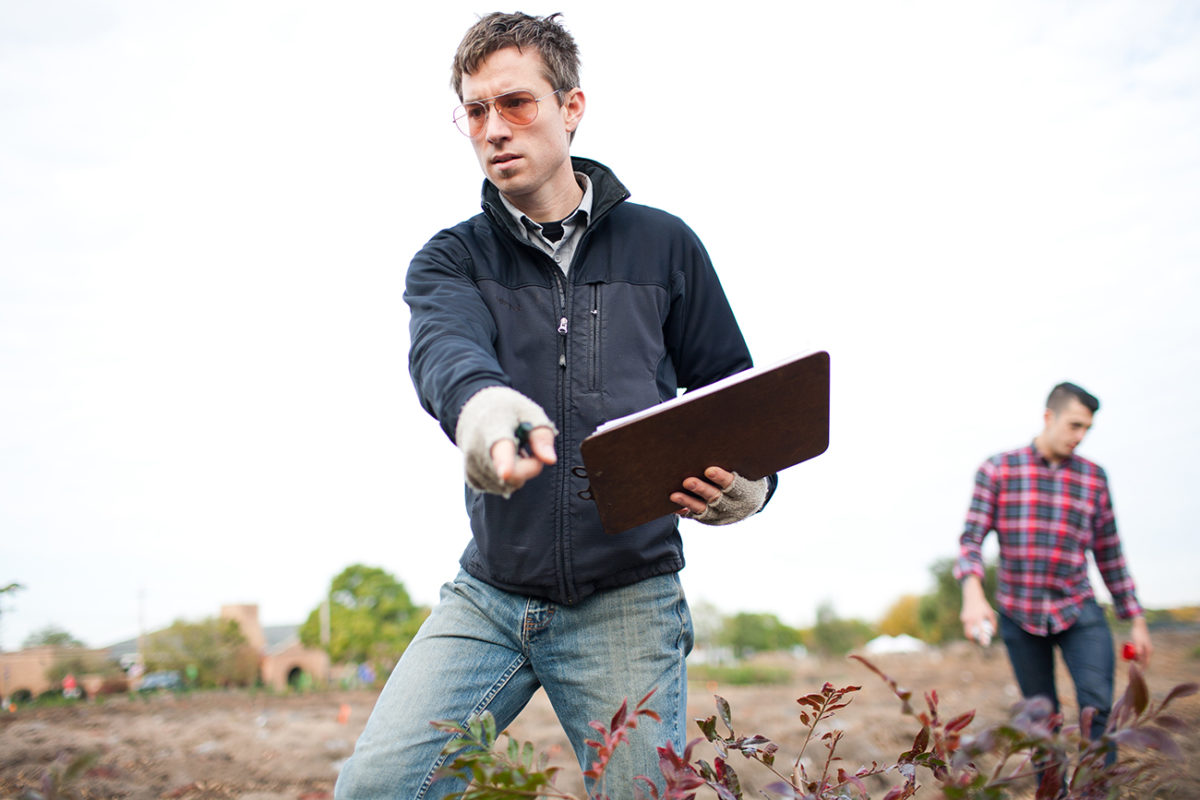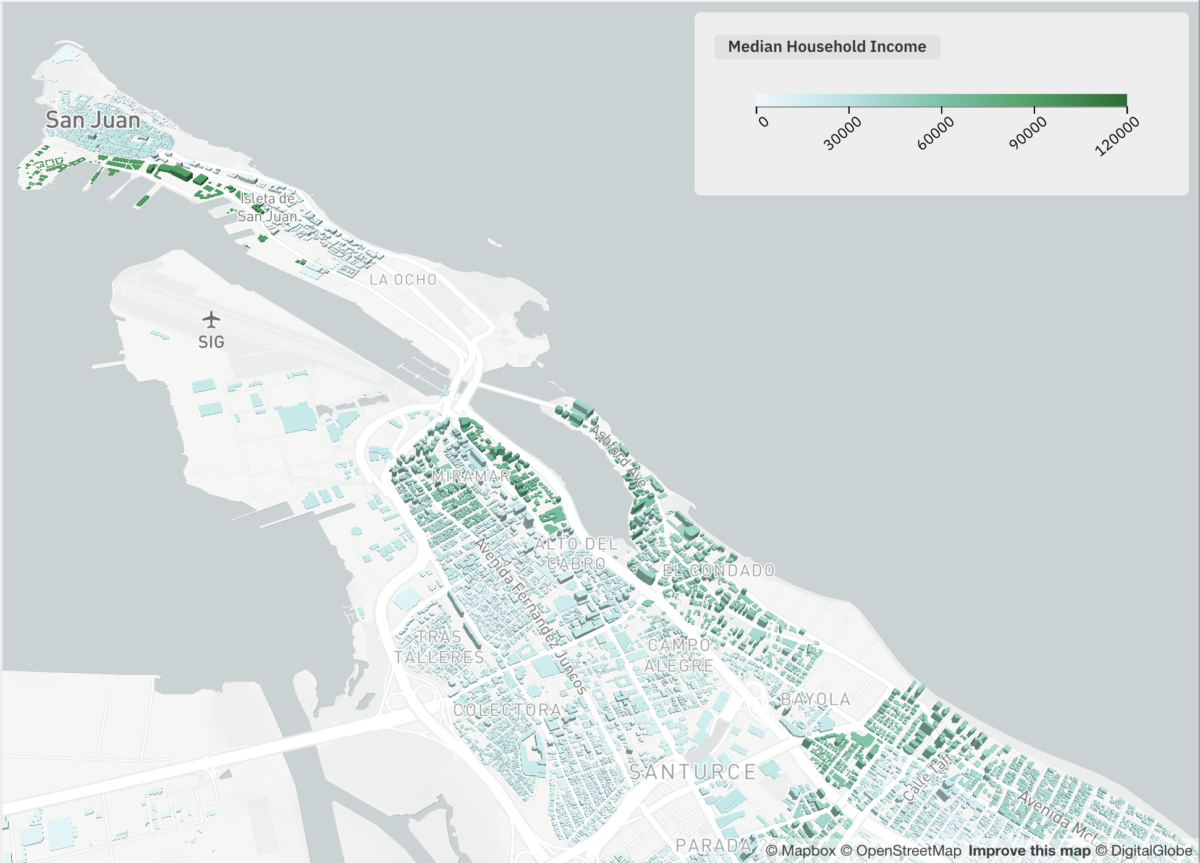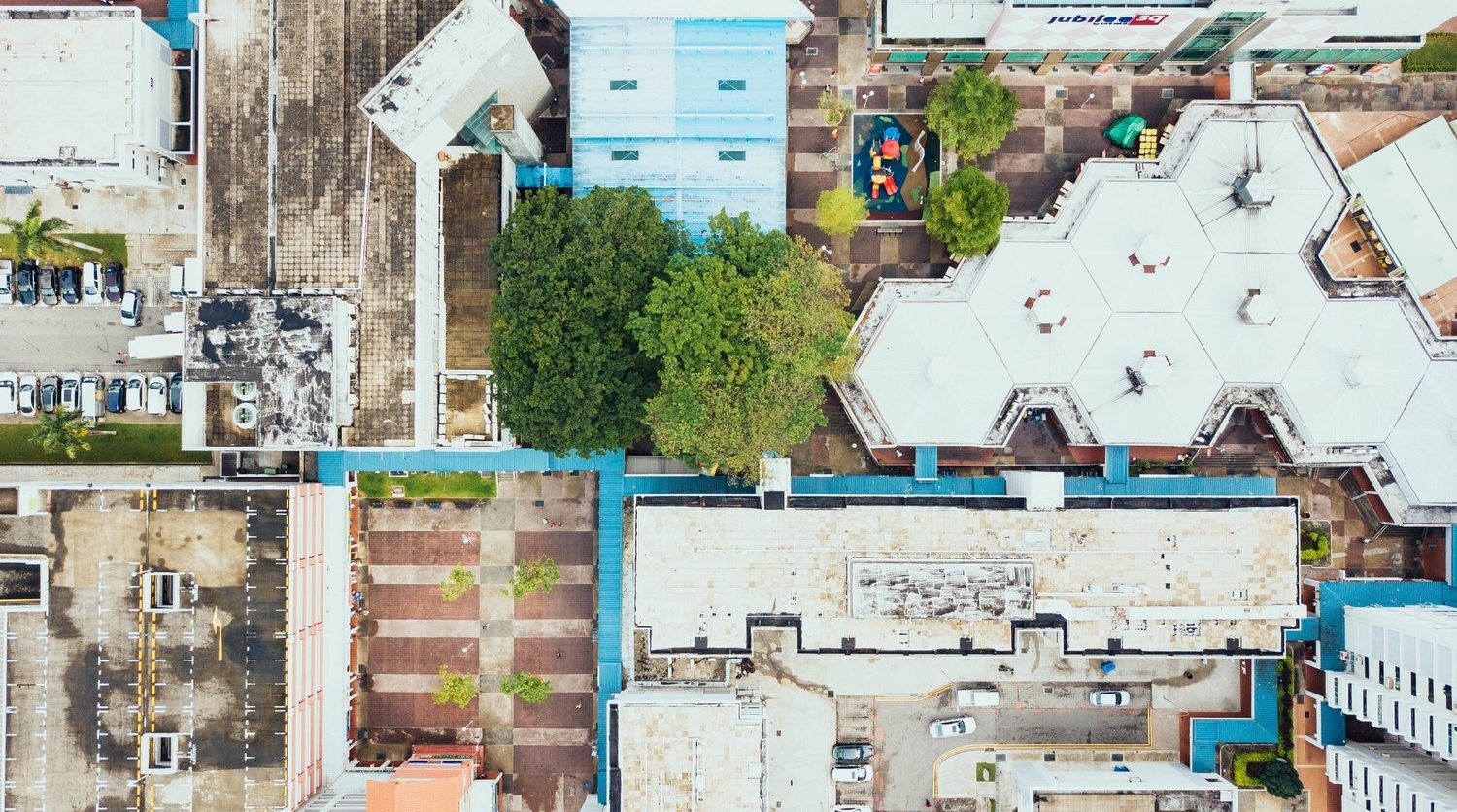Urban Systems Lab
When people think about New York City, most imagine buildings made of glass, miles of concrete, and a lot of cars. Many don’t know about the unique projects being implemented to make the city a little greener and its inhabitants healthier. The Urban Systems Lab (USL) is an interdisciplinary research lab that examines social, ecological, and technical-infrastructure system (SETS) interactions that drive persistent patterns and challenges in cities. USL projects look for new insights for supporting the wellbeing of human and non-human species in order to plan and design more equitable, resilient, and sustainable cities.
The Urban Systems Lab focuses on some of the most dramatic implications for urban residents, such as rapidly expanding urbanization, biodiversity loss, and climate change. These problems affect urban residents and the natural systems they rely on. USL research, from theory to practice, aims to reveal and support the social-ecological-technical system processes that drive everyday experiences in urban areas. USL utilizes various approaches from empirical to theoretical, along with data visualization, to advance urban systems research and practice.
Through faculty publications, student projects, and dynamic research associates, the Urban Systems Lab is producing compelling work to take on the dramatic changes the earth and particularly large cities are undergoing. USL focuses on research in urban resilience; climate change adaptation and nature-based solutions; social-ecological-technical systems analysis and modeling; urban land use planning; social equity and environmental justice; sustainable urban futures and scenarios; urban biodiversity and ecosystem services; and urban ecosystem structure and functioning.
Source: Urban Systems Lab

Featured Profile: Timon McPhearson
Urban Systems Lab is directed by Timon McPhearson, associate professor of urban ecology and research faculty at the Tishman Environment and Design Center at The New School. He holds a PhD of Ecology, Evolution, and Natural Resources from Rutgers.
McPhearson publishes in scientific journals such as Nature, Nature Climate Change, and BioScience, in books (e.g. Urban Planet, forthcoming from Cambridge University Press), and in popular press (e.g. The Nature of Cities). He co-leads the U.S. National Science Foundation “Urban Resilience to Extreme Weather Related Events” Sustainability Research Network (UREx SRN) in the US and Latin America and teaches courses on urban resilience, urban social-ecological-technological systems, and urban green infrastructure. His work is read and covered widely, including in The Guardian, The New York Times, The Nation, and more. He is also a Research Fellow at The Cary Institute of Ecosystem Studies and Associate Research Fellow at Stockholm Resilience Centre, Stockholm University.
Source: Schools of Public Engagement

Featured Project: Data Visualization Social-Ecological-Technical Systems
In 2017, the Urban Resilience to Extremes Sustainability Research Network (UREx SRN) partnered with The New School to develop projects that focus on integrating social, ecological, and technical systems to devise, analyze, and support urban infrastructure decisions in the face of climatic uncertainty. This partnership assisted in the development of a data visualization project that Urban System Labs designed, which looked at the social, ecological, and technical systems in eight American and Latin American cities.
Source: UReX Sustainability

